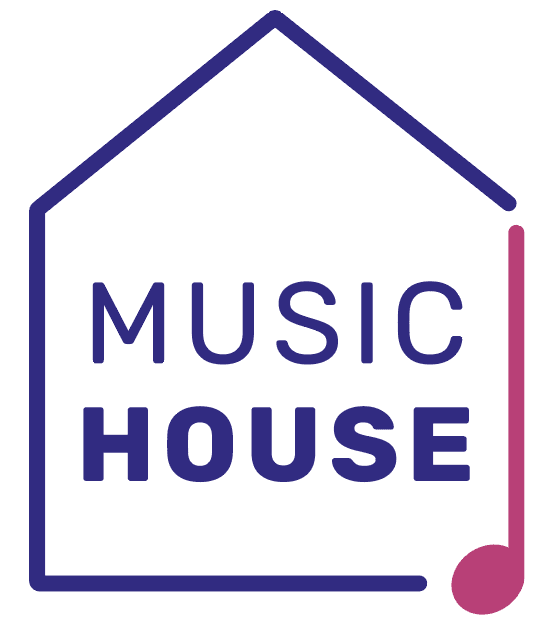Here at the Yorkshire College of Music and Drama, we know how important music in education can be. It is the main reason behind our Primary Schools Outreach programme – to make music available to as many children in our communities as possible. It would appear that music is no longer a priority in our education system. Gone are the days when every child would get a recorder home to torture their parents with. Gone are the days when music was regarded as an important part of a well-rounded education.
We firmly believe music should play an important role in a well-rounded education and that music should be for everyone and not just the few.
Why?
Well, one good reason is a link between learning music and higher IQ scores.
The study by E. Glenn Schellenberg at the University of Toronto (as published in a 2004 issue of Psychological Science), found a slight increase in the IQs of six-year-olds who were given weekly voice and piano lessons.
Schellenberg provided nine months of piano and voice lessons to a dozen six-year-olds, drama lessons (to see if exposure to the arts in general versus music on its own had an effect) to a second group of six-year-olds, and no lessons to a third group. The children’s IQ’s were tested before entering the first grade, then again before entering the second grade.
The results?
The children who were given music lessons over the school year tested on average three IQ points higher than the other groups. The drama group didn’t have the same increase in IQ, but did experience increased social behaviour benefits not seen in the music-only group.
Another study, published in 2007 by Christopher Johnson, professor of music education and music therapy at the University of Kansas, found that pupils in primary schools with high-quality music education scored around 22% higher in English and 20% higher in mathematics in standardised tests. This is compared to primary schools with low-quality music education programmes.
And, of course it’s not all about test scores. Music helps children develop life skills they can go on and use in other areas of their lives, such as fine motor skills, self-discipline, fortitude, dedication and perseverance.
Isn’t it about time that, as a society we started to invest in music for our children again?
Isn’t it about time music benefitted all children and not just those who can afford it?
Isn’t it right that music was put back on our education agenda?
We think so.
If you know a primary school that would love to speak to us about our outreach programme, then please get in touch. We would love to get involved in more schools and in helping more children to reap the benefits of music education.
Get in touch to find out how we can help your primary school.



